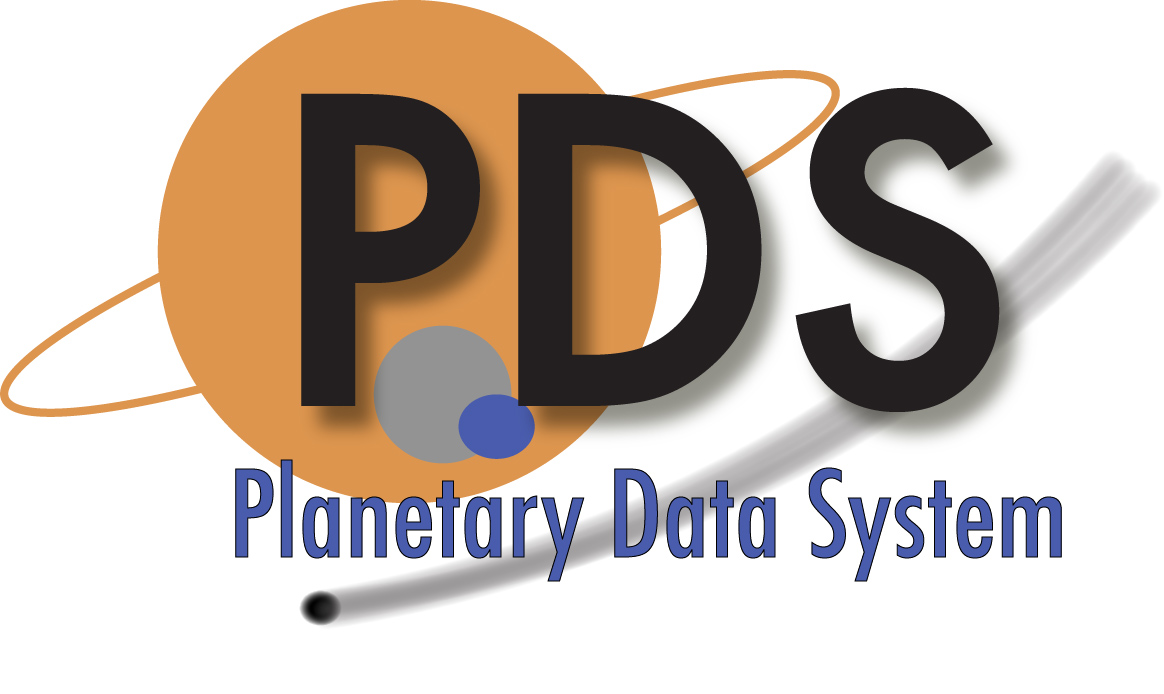- Determine electron impact ionization rates
- Measure magnetic topology via loss cone measurements
- Measure primary ionospheric photoelectron spectrum
- Measure auroral electron populations
- Evaluate plasma environment

The Solar Wind Ion Analyzer (SWEA) is placed at the end of a 1.3-m boom, which allows a large, clear field of view and minimizes the spacecraft influence on the electrons arriving at the detectors. SWEA utilizes the classic Berkeley top hat hemispherical ESA design with a FOV 360° X 130° field of view.
Measurement Objectives
SWEA measures the energy and angular distributions of 2 eV to 6 keV solar wind and magnetosheath ions and ionospheric photoelectrons to:
Useful Mission Documents
Archive Bundle Contents
Selecting and Requesting Data - The following index can be downloaded and edited to contain data that conform to your needs. This allows you to understand the scope of the data set and to tailor your request for specific products.
Citing Data Sets for Publications (to be developed)
Other Useful Products for Interpreting the Data
Measurement Objectives
SWEA measures the energy and angular distributions of 2 eV to 6 keV solar wind and magnetosheath ions and ionospheric photoelectrons to:
Useful Mission Documents
Mission Description
Spacecraft Description
Software Interface Specification (SIS) - Description of the instrument and data structures
Calibration Document - Description of calibration methods
Spacecraft Description
Software Interface Specification (SIS) - Description of the instrument and data structures
Calibration Document - Description of calibration methods
Archive Bundle Contents
Documentation - Directory containing the document collection, which includes references to refereed journals using this instrument, and information about calibration and explanation of data structures.
Raw Data - Directory containing the raw data files
Calibrated Data - Directory containing the calibrated data files
Derived Data - Directory containing advanced products
Raw Data - Directory containing the raw data files
Calibrated Data - Directory containing the calibrated data files
Derived Data - Directory containing advanced products
Selecting and Requesting Data - The following index can be downloaded and edited to contain data that conform to your needs. This allows you to understand the scope of the data set and to tailor your request for specific products.
As-flown Index - List of actual observations in order of acquisition
Requesting Data You will need to upload your edited file
Requesting Data You will need to upload your edited file
Citing Data Sets for Publications (to be developed)
Other Useful Products for Interpreting the Data
References - Publications by team members
Other Potential Relevant Data - Data that may be relevant from missions other than MAVEN
SPICE - Archived MAVEN SPICE ancillary data providing observational geometry (positions, orientations, instrument pointing, time conversions, etc.) are available from the PDS NAIF Node.
Other Potential Relevant Data - Data that may be relevant from missions other than MAVEN
SPICE - Archived MAVEN SPICE ancillary data providing observational geometry (positions, orientations, instrument pointing, time conversions, etc.) are available from the PDS NAIF Node.

 PDS: The Planetary Atmospheres Node
PDS: The Planetary Atmospheres Node


